How the super-rich make cities worse (and why I can't find a free bench when I need one)
Sitting down in public is for the rich.
Why is it so hard to find a place to meet without spending money?
As the weather gets colder, me and my friends enter the familiar debate of which café or bar to meet in, and how the price of coffee is getting ridiculous because of the cost of living, but we want to get outside so this is our cheapest option.
Cost of living is a wild phrase to normalise. Only in a hyper-capitalist world can we really believe that it’s fair that entering the world comes with a price tag (childbirth averages $18k in the US). And then everything required to sustain that existence - food, water, housing, places to sit outside - must also depend on your income.
Western societies are so reluctant to allow us to exist for free that we even invented the crime of ‘loitering’ to criminalise standing around without a particular purpose. In Belgium, simply sitting in the street can result in a €350 fine.
When we decide that simply existing outside without spending money is a crime, we penalise the poorest and encourage a society where we are afraid of each other, more likely to report a homeless person for being a ‘nuisance’ than to offer help.
We limit opportunities and spaces to meet our neighbours - the decline of third spaces is well-known - and become more separated, more individualistic, and - this is capitalism’s biggest trick - less likely to share resources and skills.
But despite that, we have an innate craving for company and for a village. We can lean into that. I said hello to my new neighbour today - it was awkward but not as awkward as living a year without knowing their name until it’s too late to ask.
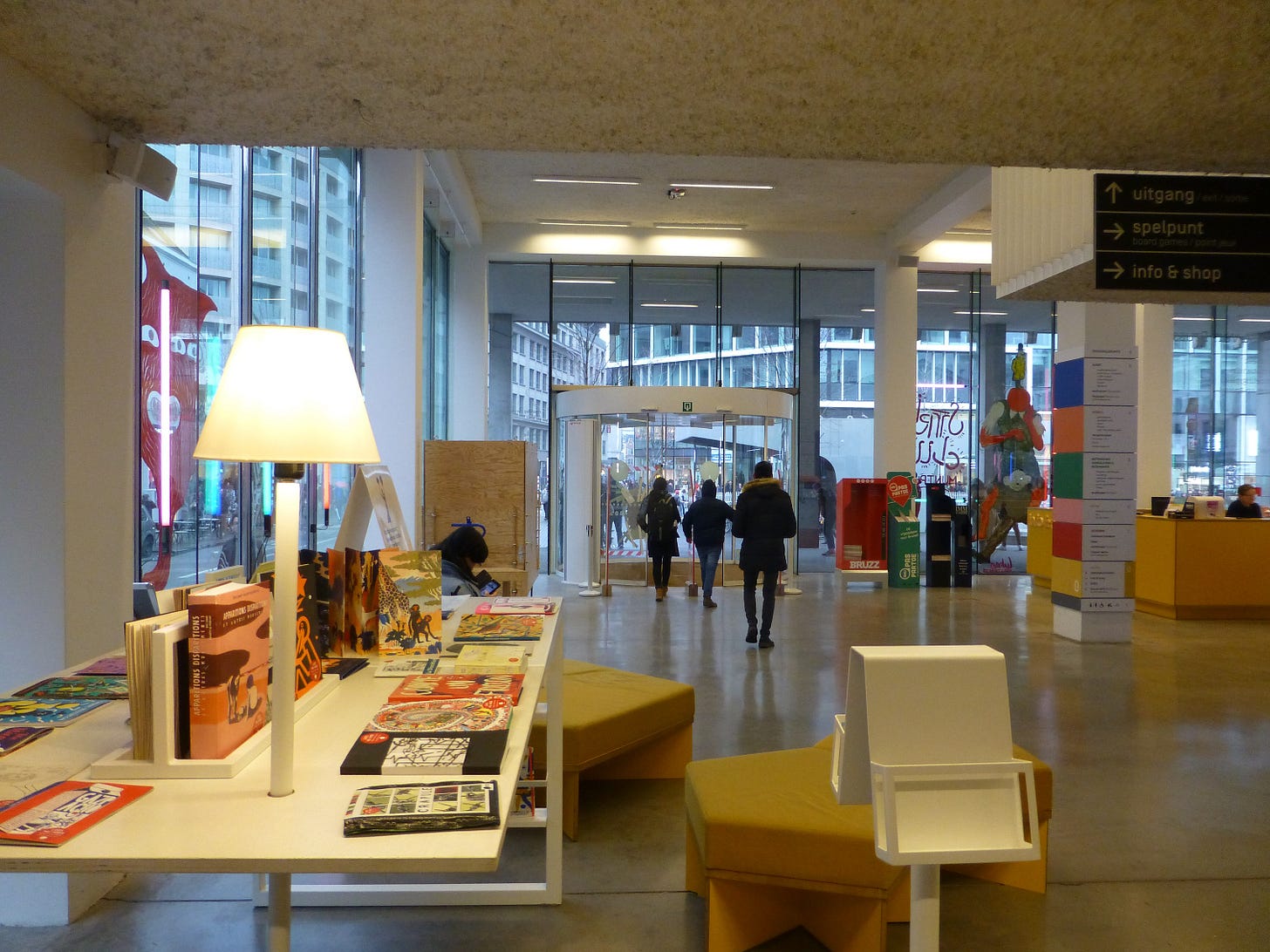
We can begin with small steps. Make use of the library. Help out at homeless shelters, or just donate one time. Go to community centre events. Take up the public space - despite what it looks like, space doesn’t belong to companies or governments or cars, it is made for us.
AD: Apply to be a Trade and Investment Campaigner at Friends of the Earth Europe!
Are you keen to stop EU-Mercosur, unfair trade deals and put an end to private, corporate courts? Ready to advocate for real alternatives that serve people and planet? Friends of the Earth Europe is recruiting their new trade and investment campaigner. Find out more and apply here by 12th October.
What’s Going On?
The biggest banks are giving double as much funding to fossil fuels than to renewable energy.
‘Will my baby be born in a tent? Will it have food?’: what it’s like to be pregnant in Gaza.
Solar power is supporting Indigenous farming methods in Ethiopia.
Meta put a climate change denier in charge of fighting AI bias.
Hundreds march through Europe to stop environmental deregulation wave.
You can support The Green Fix by tipping us a virtual coffee, or sharing our content with your networks.
Focus On: Tackling Gentrification
Cass talks to Filip and Mohammed, the team behind Stripping Architecture, to talk about connections between urban planning and inequality.
We are Filip and Mohammad. Five years ago, we founded an architectural practice in Brussels called De Strip Architects. Alongside this, we created an informal social media platform known as Stripping Architecture.
On this platform, we use multimedia approaches to explain complex urban phenomena, spark curiosity, and raise awareness among everyday citizens about the urban environment we live in—making it fun, inclusive, and accessible.
What is ‘hostile’ architecture?
There are many definitions of hostile architecture, but we would like to add another layer. In our view, all urban environments that are dangerous, intimidating, non-inclusive, uncomfortable, and mentally oppressive—designed and implemented predominantly by socially and economically powerful actors—can be understood as hostile architecture.
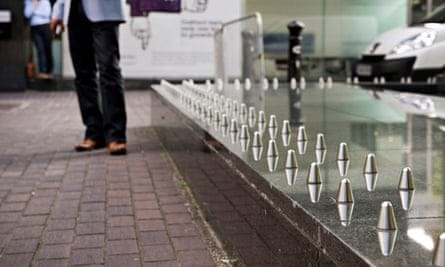
How does hostile architecture connect to segregation and social division?
The most straightforward answer, which we must keep repeating, is that hostile architecture doesn’t solve problems, it simply relocates them. It offers a quick fix to urban issues in a way that fits neatly with consumerist society. Instead of addressing the root causes, it merely deals with the “tip of the iceberg.”
Last year, activists installed free public benches in Brussels to reclaim public space. Why is it so difficult to keep free public benches and spaces?
We want to highlight that, compared to other nearby cities, Brussels still has many parks and public spaces with simple, welcoming wooden benches. That is something we, as Brussels residents, should be proud of.
The case at Place Sainte-Catherine is more specific: it reflects yet another spark of late neoliberalism in the historic city center. Based on our close reading of the situation, we can clearly see an alliance between entrepreneurs (in this case, the horeca sector) and local authorities.
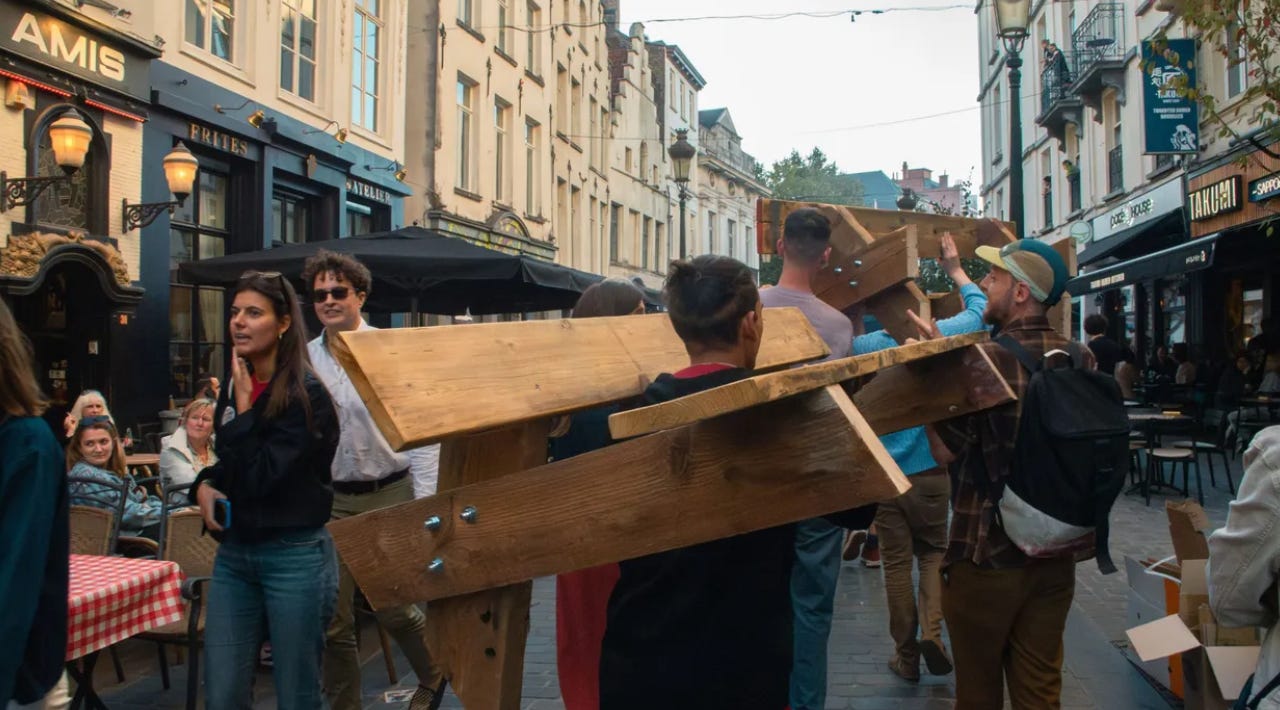
Local authorities are “protecting” the space in favour of business interests to maximize revenue. “Protecting” here means keeping the square in conditions that best serve commercial needs: fewer informal sitting areas, stricter control of public space, enforced “urban tranquility,” and all the other measures that attract more affluent consumers and improve the city’s “touristic rating.”
The problem is that local governments act more like security companies for businesses rather than as a service to citizens. They fail to develop sustainable sources of income and instead remain dependent on external revenues generated by tourism.
On your Instagram, you talk about hostile architecture being one part of a bigger gentrification process.
We’re glad you picked up on this point, as it runs deeper and doesn’t always resonate with everyone.
Yes, gentrification is the broader process, and hostile architecture is often its echo.
To simplify:
Hostile architecture is one of the soldiers of gentrification—the cavalry.
As we said earlier, it removes the “issues” (defined by affluent groups) and clears the ground, preparing the space for wealthier newcomers.
What can we do to fight gentrification and promote people-first urban planning?
Straightforward answer: start by following our YouTube channel Stripping Architecture, where we regularly share solutions—or, as we call them, de-gentrification strategies.
Here are just a few examples:
Advocate for legal recognition of gentrification as a local issue with concrete policies.
Increase budgets for neighbourhood contracts, which aim to renovate vulnerable areas in Brussels.
Experiment with Land Value Tax to curb speculation—the root cause of gentrification. Philadelphia has already seen positive effects.
Strengthen Community Land Trust (CLT) policies with more government support.
Invest in social housing in city centres. Every time you improve public space, you must also build high-quality social housing, otherwise gentrification accelerates.
Support local initiatives. (Note from editor: Check out Permanent Brussels, Inter-Environnement Bruxelles, and Déchainé·es for some projects tackling gentrification and reclaiming public space.
Look at Vienna: despite challenges, over 80 years the city has developed a robust housing system that keeps housing affordable, destigmatizes social housing, and prioritizes quality of life over private property speculation.
Rein in the power of real estate corporations and private equity organizations that drive speculative urban development.
You can follow Stripping Architecture on their website, YouTube, Instagram and TikTok.
By the way…
Join the IDG summit in Brussels on the 15th-16th October!
🌍 The Inner Development Goals (IDGs) are inspiring a global community of changemakers committed to inner-led leadership. Brussels is proud to be part of this movement with two transformative days of events this October:
🌱 Wednesday, 15 October – Commons Hub Brussels
For NGO professionals, facilitators, coaches, and anyone seeking to deepen their capacity to lead in complex, polarised, and rapidly changing contexts. Explore how to navigate polarities with wisdom, courage, and humility, and strengthen your personal skills for creating meaningful impact.
🌟 Thursday, 16 October – Brussels Chamber of Commerce
For sustainability and organisational development professionals. Hosted by the World Business Council for Sustainable Development, this facilitated watch party combines practical tools with interactive discussions to help you drive business success while fostering personal and organisational transformation.
🔗 Save your spot: https://opencollective.com/idg-summit-brussels
Sign up to the EU Changers Academy!
Register for an interactive and practical two-day training drawing from multiple cases on EU decision-making and influencing delivered by experienced practitioners and drawing in insiders from the EU institutions. €549 with some pro bono places offered. More info here.
Book your sponsored slot by emailing wearethegreenfix@gmail.com.
So Now What Do I Do?
LEARN SOMETHING
Sign up to this free online course on Cities Beyond Growth by the 15th October.
Join this online training on defeating the far-right online, 15-16 October. Free for small low-budget groups.
DO SOMETHING
Under 35? Fill out this survey on what you’d like the future economy to look like.
Register an action for the Good Food Good Farming days, through all October!
Save the date: Strike against Arizona in Belgium on the 14th October.
Stay in the loop
You can follow us on Instagram, Bluesky and LinkedIn. Connect with Cass on Instagram and LinkedIn.



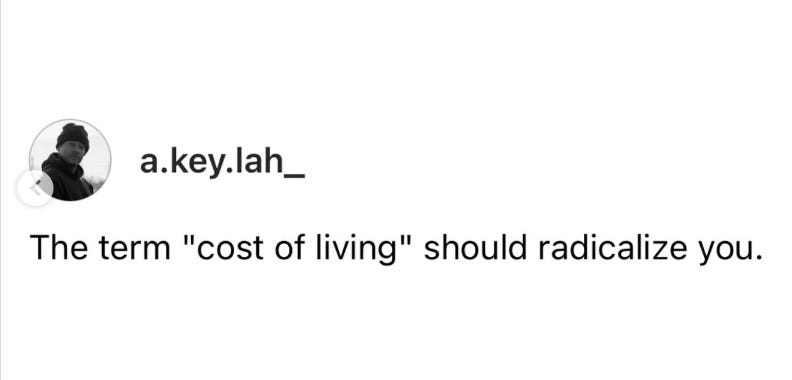
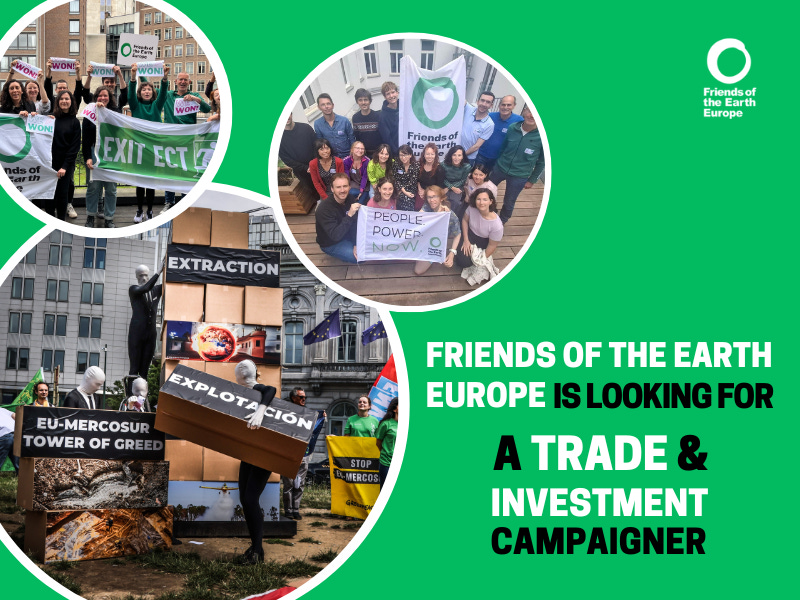
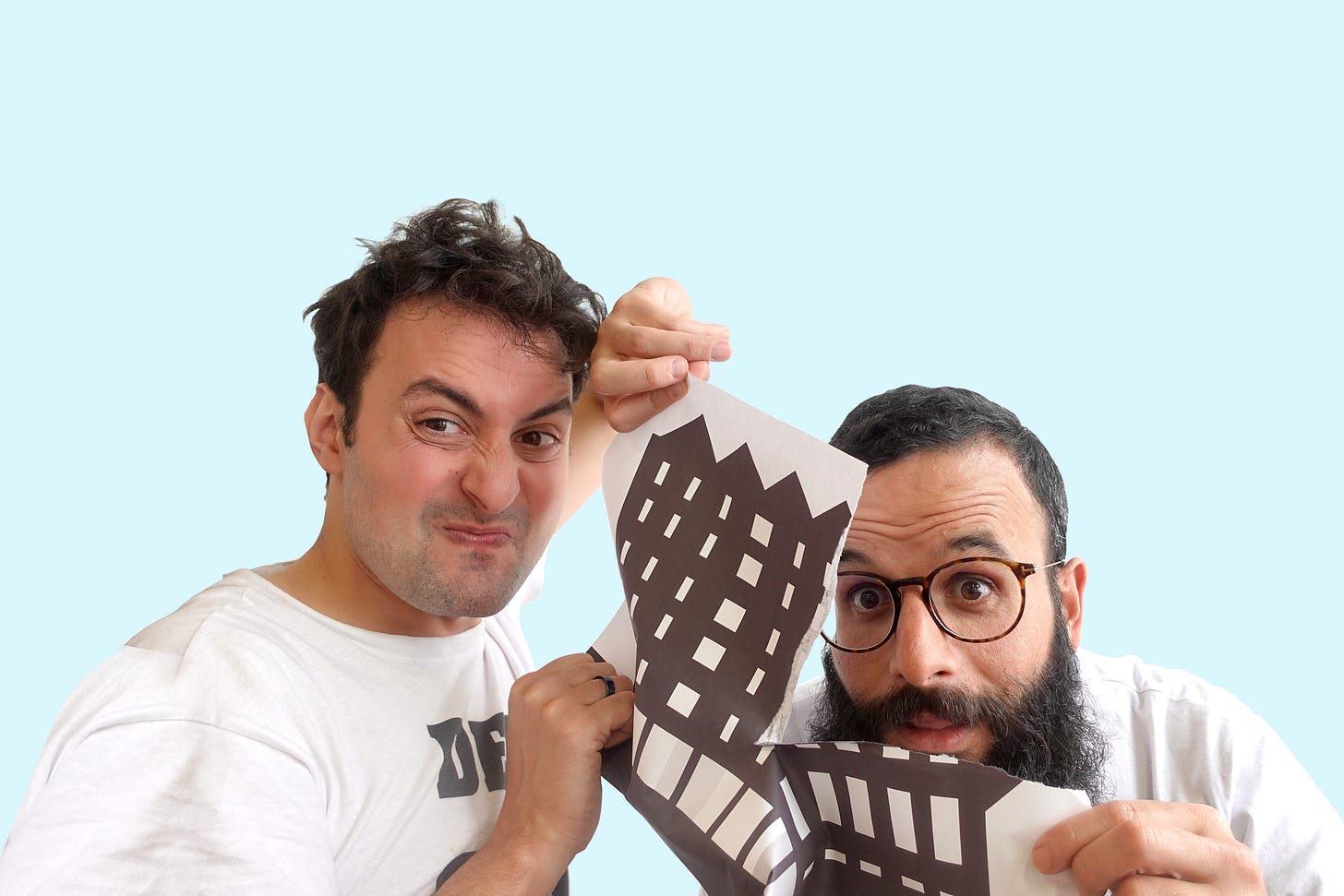
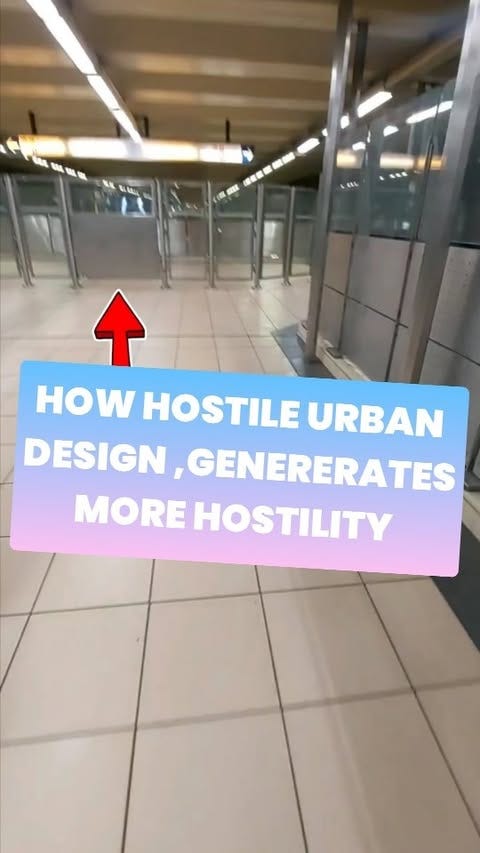
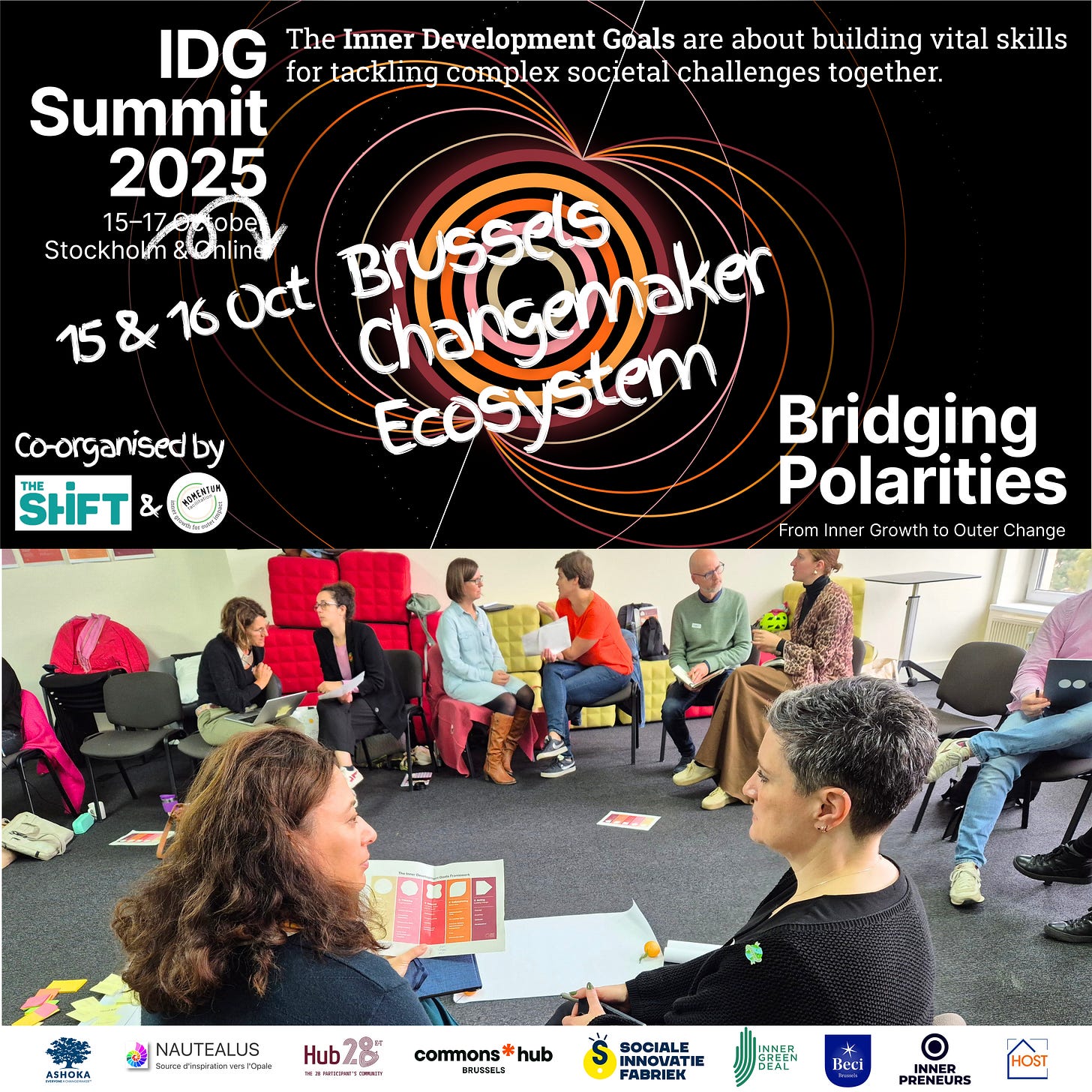

Progressives do not care about crime. let alone mass shootings - unless racism can be used. https://torrancestephensphd.substack.com/p/crickets